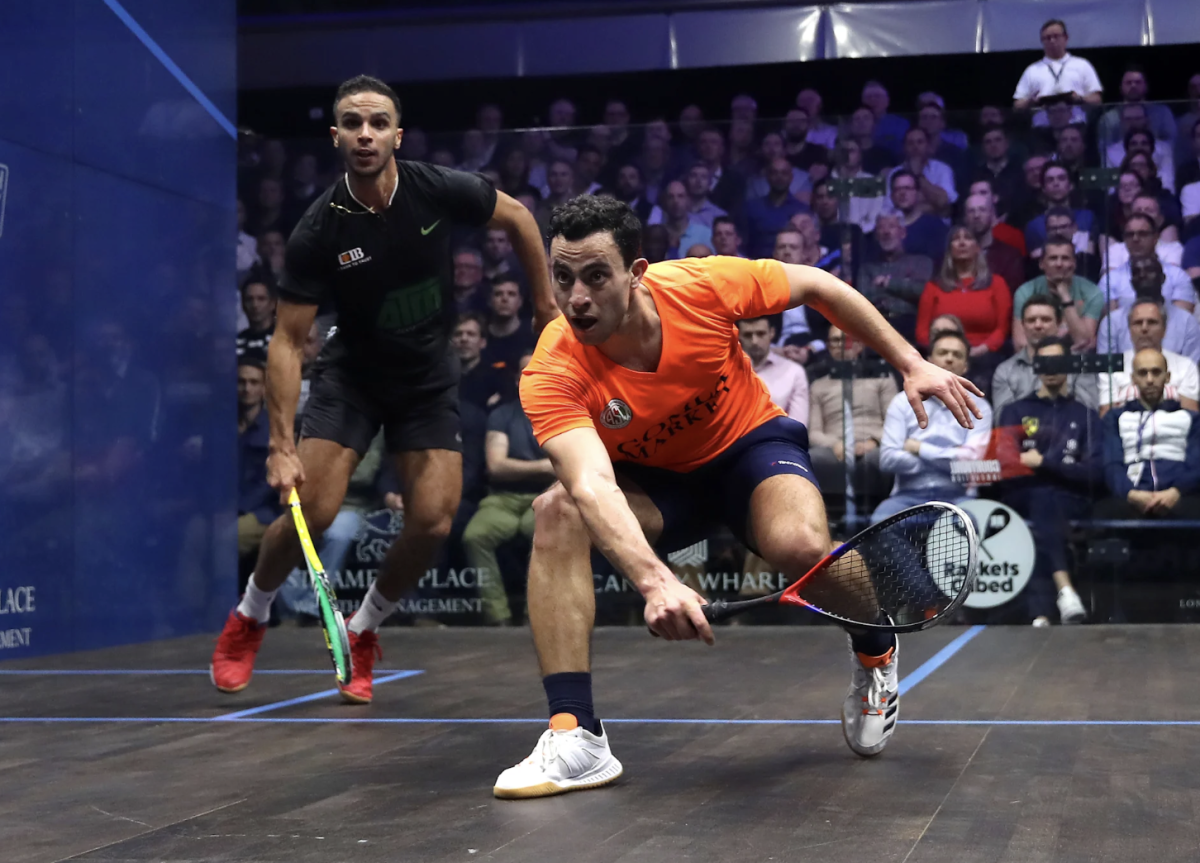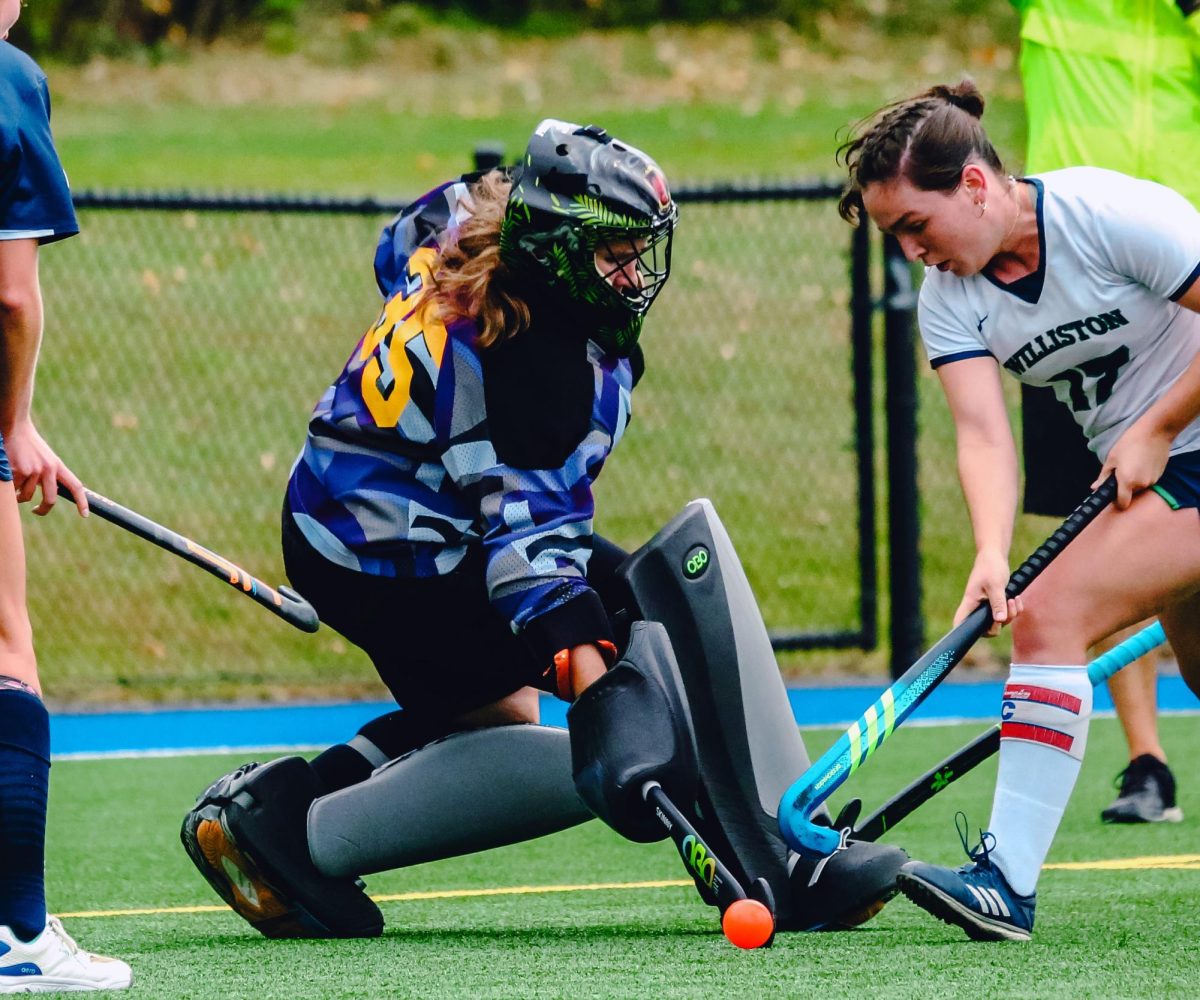On October 9, 2023, squash was announced as one of the five sports added to the Olympics for the 2028 summer games in Los Angeles. The LA28 Organizing Committee chose the singles version of the game, to be recommended to the International Olympic Committee for the 2028 Olympic Games.
Amanda Sobhy, the 5th-ranked womens’ squash player in the world, said, “It’s everything that you dream of as an athlete—to compete for an Olympic gold medal and say that you were an Olympian is something that no one can ever take away from you. To have the chance to compete at LA28 in front of friends and family with a home crowd would be so meaningful.”
The exposure provided by the Olympics will attract new players and build passion and determination within the junior squash circuit. As a junior squash player, the thought of representing my country in the Olympics is very exciting and makes me want to work harder in practice every day. Becoming an Olympic sport is a turning point for the sport.
Squash faced several rejections by the International Olympic Committee in previous years. On September 30, 2022, World No. 2 Nouran Gohar was the athlete representative for the case alongside Professional Squash Association (PSA) CCO Tommy Berden, World Squash Federation (WSF) CEO Willliam Louis-Marie and president Zena Woodridge, and US Squash President and CEO Kevin Klipstein all congregated at Philadelphia’s Comcast Center to advocate for squash being added to the Olympics.
Gohar said, “Watching a squash match on TV is something, and watching it in reality is something else. It deserves to be an Olympic sport and it has everything to make it an Olympic sport. It was about time that we became an Olympic sport.”
Some people believe that squash is too cramped to watch effectively, which disqualifies it from Olympic contention. However, more squash courts are being made of all glass for a better 360-degree view of the court. Since squash is a niche sport with a relatively small community of players, opponents have argued that there would not be sufficient countries competing against one another for medals.
Egypt, for example, is a squash powerhouse, with nine players in the top twenty men’s division and ten players in the top twenty women’s division. But, to balance out country representation, there would not be nine representatives just from one country. This would force the Olympics to make the squash event more selective.
Possible solutions to this problem would be to limit the number of representatives from each country or limit the draw to a smaller number, such as a draw of 64. This would ensure that no country is overrepresented and that the competition would stay high.
Squash took a long time to be put in the Olympics because of a lack of support. These past two years have seen increased international support, especially from influential figures outside of the squash world. For example, Mark Walter, part-owner of Chelsea Football Club and the Los Angeles Dodgers, began investing in squash in 2015.
Recently, he claimed a stake of more than $80 million in Squash Media and Marketing (SMM). Many commentators speculate that his contribution will help create more events, refine the structure of the PSA World Tour, and increase players’ earnings. American Women’s tennis legend Billie Jean King came to watch the Windy City Open, one of the biggest tournaments in the U.S.. She subsequently called for squash to be added to the Olympics.
The Olympics is four years away, and that is a very long time in comparison to a pro squash career, which lasts on average ten years. Many current top professional squash players are in their mid-twenties and early thirties.
This raises the question of how many will retire before the Olympics in 2028, how many will postpone their retirement, and whether we will see new faces, especially of young junior players.






